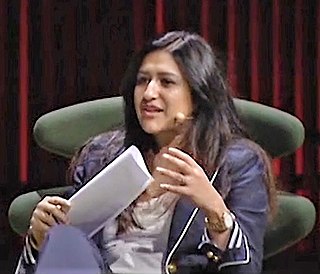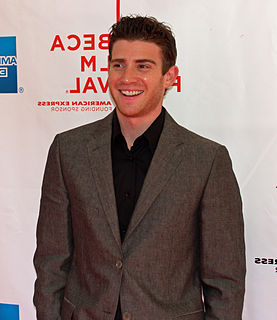A Quote by Giorgio Armani
Retailing has become fiercely competitive. Today there are many large global fashion companies who have opened up mono-brand stores in major cities around the world. When I first opened my boutique in New York, in 1985, there were almost no other European luxury brands present with their own stores. Now Fifth Avenue is packed with huge stores from major Italian and French labels.
Quote Topics
Related Quotes
Most brands that are called luxury brands today are not true luxury brands. The globalization of fashion and luxury means you now find the same luxury brands in every city. The stores look the same, the products are the same. It is still a very good quality product but it is now readily available to everyone. It's a kind of mass luxury.
In Harlem, for instance, all of the stores are owned by white people, all of the buildings are owned by white people. The black people are just there - paying rent, buying the groceries; but they don't own the stores, clothing stores, food stores, any kind of stores; don't even own the homes that they live in. They are all owned by outsiders, and for these run-down apartment dwellings, the black man in Harlem pays more money than the man down in the rich Park Avenue section.
Record stores are the backbone of the recorded music culture. It's where we go to network, browse around, and find new songs to love. The stores whose staff live for music have spread the word about exciting new things faster and with more essence than either radio or the press. Any artist that doesn't support the wonderful ma and pa record stores across America is contributing to our own extinction.








































